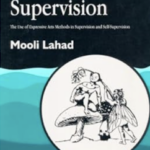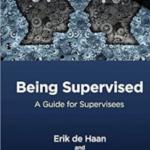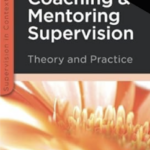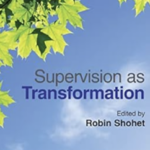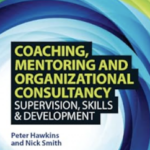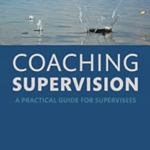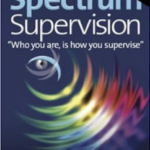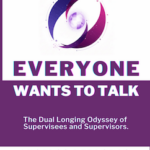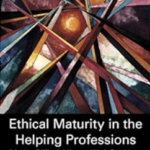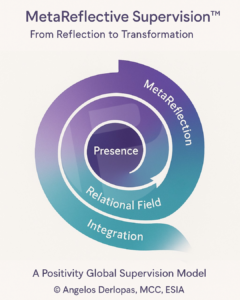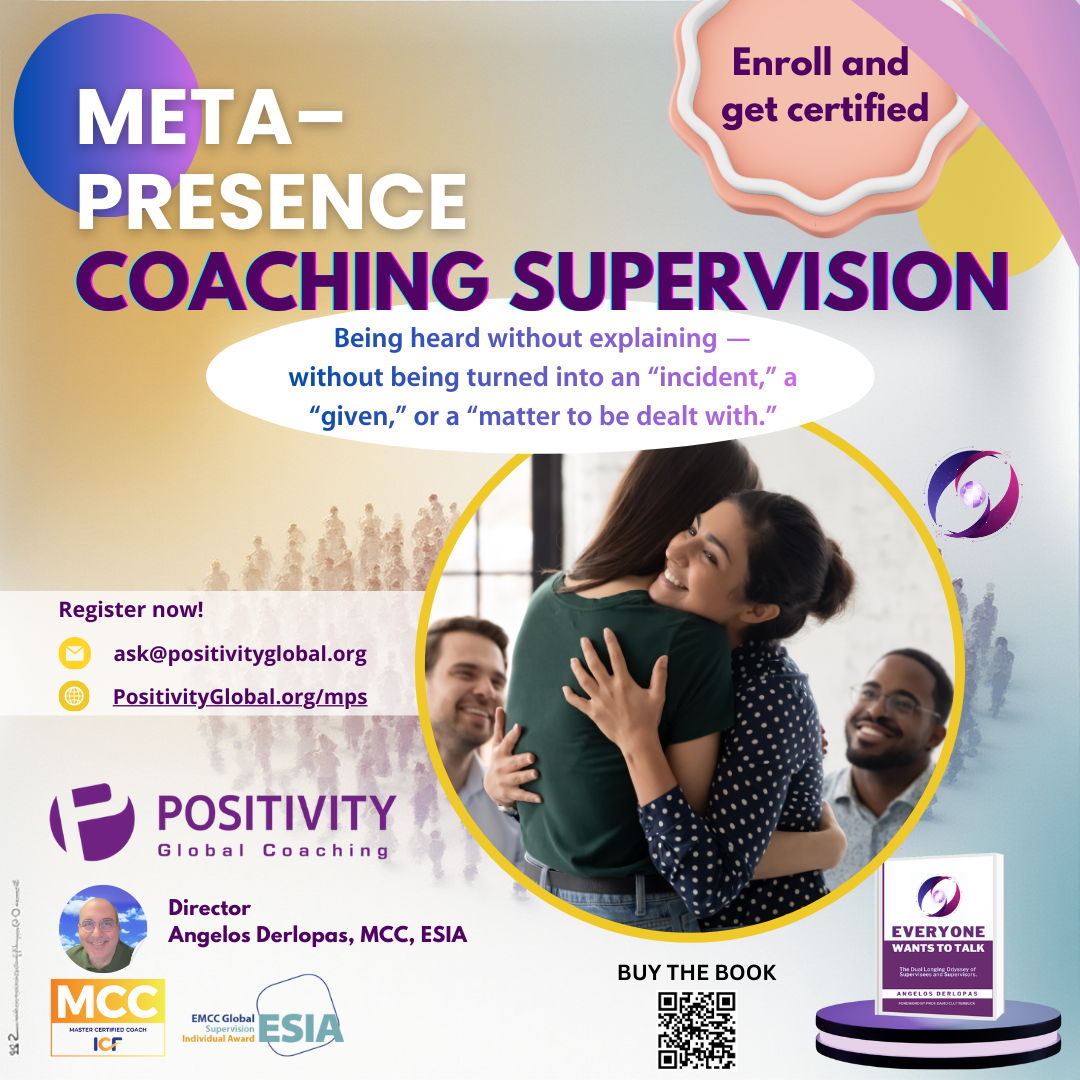
The Meta–Presence Coaching Supervision program is designed to develop experienced professionals into reflective, ethical, and deeply attuned supervision professionals.
It combines classical coaching supervision theory, adult education principles, and Positivity Global’s proprietary models—3 Circles, Hatred Awareness Cycle, Hearing the Unspoken, Meta–Presence Journey, PERSEPHONE trauma-informed model, The Emotional Apparatus, and MetaReflective Supervision.
Through this integration, participants learn to:
- View supervision as a transformative, relational, and systemic process
- Cultivate a supervisor identity based on awareness, humility, and wisdom
- Integrate theory with presence, moving from knowledge to experiential awareness
🧭 The Essence of the Program
This 100-hour educational journey cultivates the next generation of thoughtful, ethical, and post-conscious supervisors.
Participants will master classic supervision models while integrating Positivity Global’s seven unique frameworks, combining psychological depth, systemic intelligence, and transformative presence.
The program is aimed at experienced professionals who already have a high level of skills and maturity and wish to join or deepen their role as supervisors:
- Professional coaches (EMCC Senior Practitioners, ICF PCC, equivalent or higher) who want to expand into supervision.
- Mentor coaches who seek to support practical feedback on a theoretical basis of supervision.
- Therapists or counselors interested in integrated supervision frameworks across different approaches.
- Leaders, managers, and organizational consultants who provide reflective support and wish to incorporate supervision perspectives into their leadership.
Recommended Background:
Minimum of 250 hours of coaching experience or equivalent professional practice.
Demonstrable participation in reflective or supervisory processes in the context of coaching, mentoring, therapy, or leadership.
1. Foundations and Evolution of Supervision
1.1 Historical Overview
The historical evolution of supervision and its roots in educational, therapeutic, and organizational contexts.
1.2 The Three Functions of Supervision
- Formative – Skill development and learning.
- Normative – Ensuring ethics and professional standards.
- Restorative – Care, support, and relief for the professional.
1.3 Separation and Boundaries
- Separation of supervision, mentoring, and therapy.
- Supervision as a space for learning and protection.
2. Theoretical Models and Frameworks
2.1 Classical Models
- The 7 Eyes of Hawkins & Shohet.
- The 3 Circles model — internal, relational, and systemic awareness.
- Correlation of the two frameworks for holistic observation.
2.2 Learning and Reflection Theories
- Schön: reflection-in-action / reflection-on-action.
- Kolb: the experiential learning cycle.
- Meta-Presence Journey: awareness, observation, resonance, alignment, transformation.
3. Psychological and Systemic Dimensions of Supervision
3.1 Safety and Authenticity
- Psychological safety, contract, and use of self.
- “Brave space” vs. “Safe space” in supervision.
3.2 Deepening Listening and Presence
- Hearing the Unspoken: listening to silence, the field, and implied meanings.
- Lewin’s Field Theory.
- The coach–client–organization–supervisor ecosystem.
4. Internal and Symbolic Models of Transformation
4.1 The Cycle of Awareness–Power–Wisdom
Through PERSEPHONE: guidance through descent and return.
4.2 Tools for Deepening
- The Hatred Awareness Cycle as a tool for understanding resistance and aggression.
- Concepts of power, responsibility, transfer, and projection.
5. Psychodynamic Processes in Supervision
5.1 Basic Psychodynamic Concepts
- Transference – the client or supervisee “transfers” patterns from old relationships.
- Countertransference – the supervisor’s unconscious reaction to the other person’s feelings.
- Parallel process – reproduction of the coach–client pattern in the supervisor–coach relationship.
5.2 The Emotional Apparatus
- As a Positivity framework for detecting and accepting the supervisor’s emotional mechanism.
- Supervision as a laboratory for self-regulation, resonance, and awareness.
6. Professional Frameworks and Ethics
6.1 International Codes
EMCC and ICF codes of ethics.
6.2 Cultural Complexity
Intercultural sensitivity and intersectionality as essential elements of supervisor awareness.
7. The Role of the Supervisor and the Future of Supervision Practice
7.1 The Supervisor as an Instrument of Awareness
The supervisor as an “instrument of awareness” — embodied and emotional presence.
7.2 MetaReflective Supervision
- MetaReflective Supervision as the next evolutionary level of practice.
- From reflection to meta-observation of observation.
- Embodied monitoring of the self within the supervision relationship.
Our approach focuses on:
✅ We promote collaborative learning by encouraging interaction and the exchange of experiences among participants.
✅ We emphasize practical application so that candidates develop skills through real-life scenarios.
✅ We evaluate through practice, allowing candidates to demonstrate their abilities in real work and professional interaction settings.
✅ We adapt to the new reality of knowledge, where AI tools are changing the way people search for information and solve problems. It is no longer so important to simply know “what” to answer, but to be able to understand “how” and “why” in order to apply critical thinking and creativity.
Text “Philosophy of Supervision” 1,500 words,
Six 1.5-hour sessions in groups of three (role reversal: Supervisor – Supervisee – Observer),
Each participant conducts five supervision sessions with three different supervisees,
Six hours of supervision, where you will receive supervision on your supervision.
Attendance and participation in all ten “Theory & Models” webinars (minimum attendance ≥ 80%),
Five book presentations/reflective reports (from a suggested list of books).
Tutoring sessions and submission of an individual learning plan.
In order to graduate successfully, students must be assessed as capable of providing coaching/mentoring supervision, and this must be documented in recorded or live sessions.
Read the Positivity Coaching Program Policy here.
Finally, remember that to become a coach/mentor or leader supervisor, you must first look at yourself.
We invite you to maintain an open attitude throughout this positive process.
Be ready to embrace new ideas, concepts, and, hopefully, new insights into who you are and who others are.
Most importantly, enjoy the journey!
We implement an innovative pedagogical approach that reverses the traditional model of education. This new method is called the flipped classroom and is a modern approach to education. Instead of lectures and direct instruction during class, students learn new material independently and/or before class. This may include watching videos, reading texts, or completing online courses.
Class time is then used for more interactive activities such as discussions, problem solving, and group work. This allows educators to focus on guiding and facilitating learning, rather than just delivering content.
Key Benefits of Flipped Classrooms:
- Increased student participation: Students participate more actively in learning and can apply concepts immediately.
- Personalized learning: Students can learn at their own pace and review material when needed.
- Improved collaboration: Class time is devoted to group work and peer learning.
- Improved outcomes: Studies have shown that flipped classrooms can lead to better student performance.
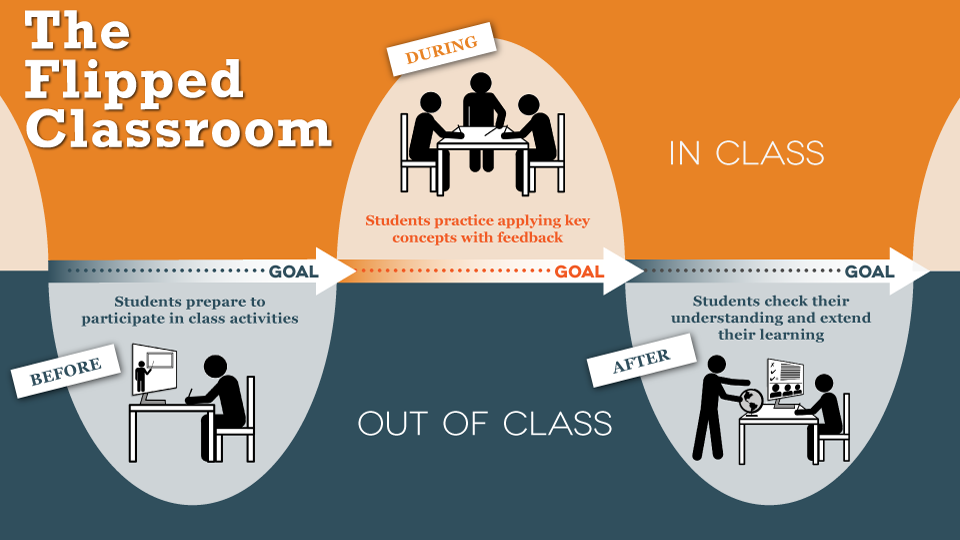
Comparison of the “Flipped Classroom” with Traditional Methods and its Advantages
The “flipped classroom” method is a fresh approach to education that differs significantly from traditional methods. Let’s look at a comparative analysis:
Traditional Method
- Classroom teaching: The teacher presents new material to the class.
- Homework: Students complete exercises to practice the material.
- Active role of the teacher: The teacher plays the leading role.
- Passive role of the student: Students mainly listen and take notes.
Flipped Classroom
- Homework: Students study new material (videos, texts) outside of class.
- Classroom application: In class, students apply their knowledge with the help of the teacher.
- Active student role: Students are active members of the learning process, solving problems and discussing.
- Teacher role as facilitator: The teacher guides and supports students.
Advantages of the Flipped Classroom
- Personalized learning: Students can review the material as many times as necessary and at their own pace.
- Active participation: Students are actively involved in the learning process, making it more interesting and effective.
- Improved understanding: Immediate application of knowledge helps students better understand concepts.
- Increased confidence: Students develop greater confidence as they work in groups and solve problems.
- Familiarity with new technologies: Students become familiar with various digital tools and platforms.
Compared to traditional methods, the “flipped classroom” offers a more flexible, active, and effective learning experience. Students become more independent, and teachers are able to provide more personalized support.
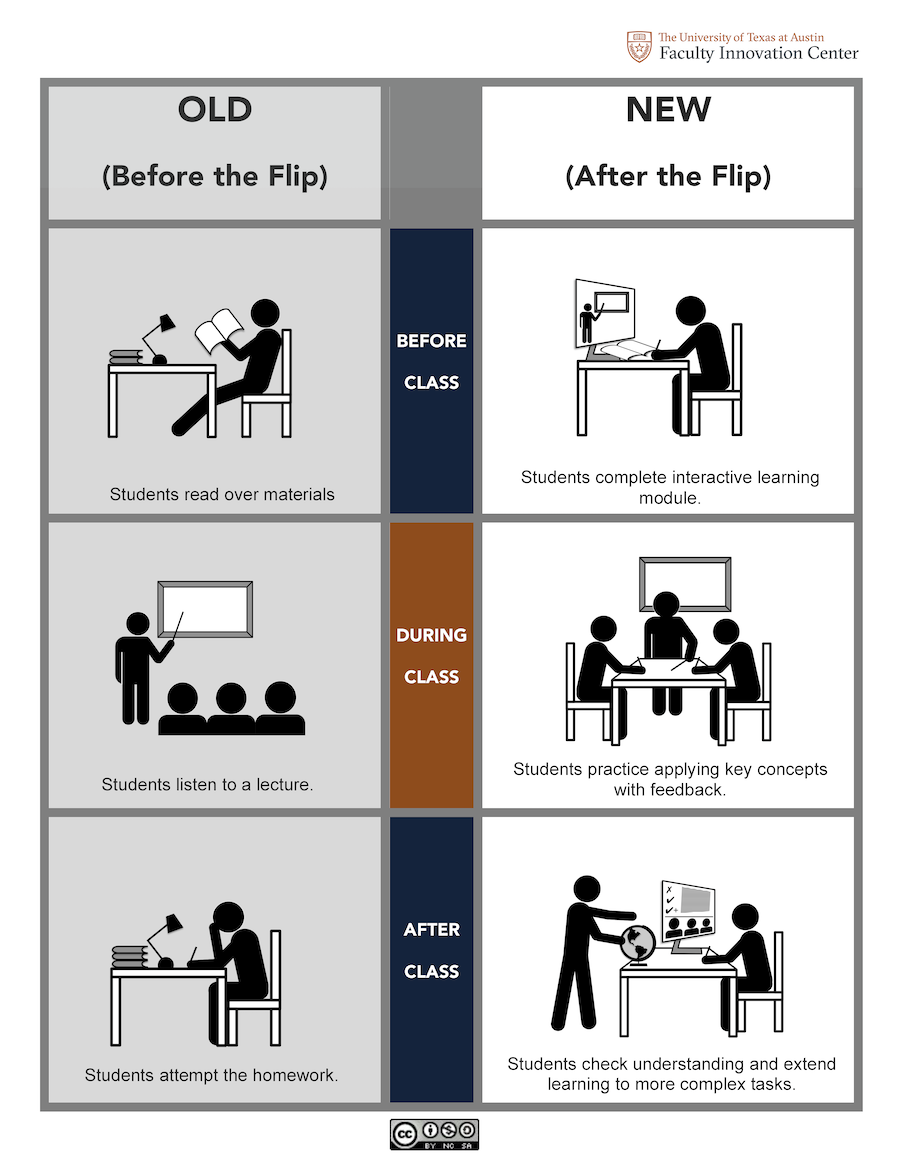
There are many ways in which students can get involved and benefit from better learning and flexibility. At Positivity Coaching, we emphasize personalized learning by offering a range of different methods that are guaranteed to work. After all, what could be better than teaching coaching through coaching?
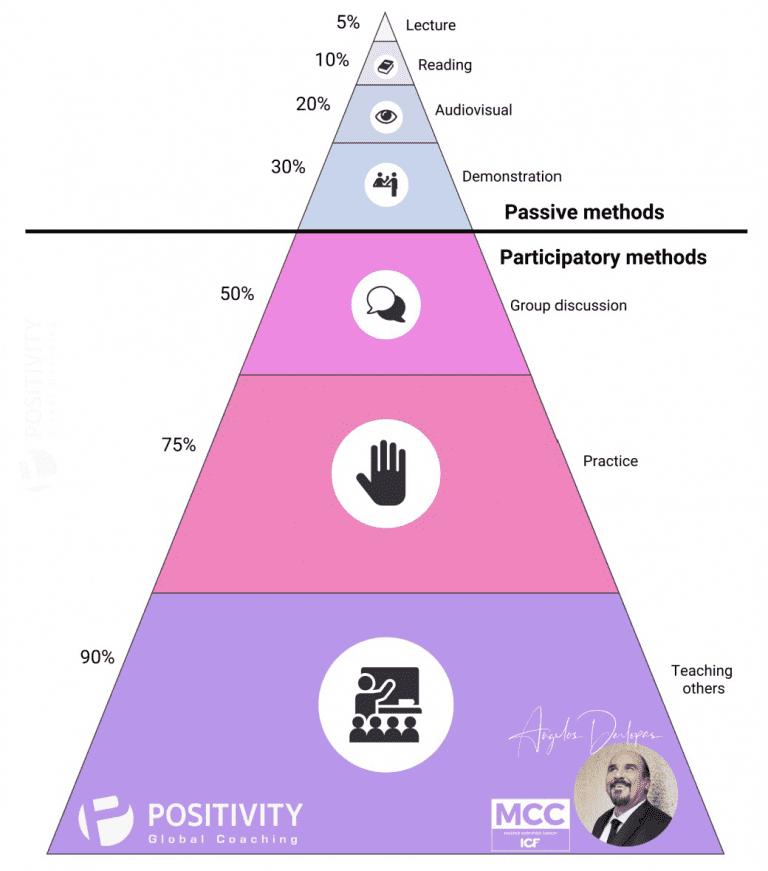
TBA
Upon completion of the program, participants will be able to:
✅ Integrate classical and Positivity supervision models.
✅ Demonstrate systemic, developmental, and ethical competence.
✅ Embody the spirit of Meta–Presence — awareness, coordination, and authenticity.
✅ Manage projections, resistance, and cultural complexity with awareness.
✅ Formulate a comprehensive, personal supervision philosophy.
Title: Certified Coaching Supervisor (100 hours)
Issuing Body: Positivity Global Coaching
In alignment with: EMCC ESQA and ICF Coaching Supervision Education Standards and corresponding skills of both bodies.
The program is under certification by EMCC Global in accordance with the ESQA standard as Bespoke Senior Practitioner (100 hrs).
Graduates of this cycle will receive accreditation as soon as the program is certified.
Mooli Lahad
• Being Supervised: A Guide for Supervisees
Erik de Haan & Willemine Regouin
• Coaching and Mentoring Supervision: Theory and Practice
Tatiana Bachkirova, Peter Jackson & David Clutterbuck (Editors)
• Passionate Supervision
Robin Shohet (Editor), Foreword by Peter Hawkins
• A General Theory of Love
Thomas Lewis, Fari Amini & Richard Lannon
• Supervision as Transformation
Robin Shohet (Editor)
• Coaching, Mentoring and Organizational Consultancy: Supervision, Skills and Development
Peter Hawkins & Nick Smith
• Coaching Supervision: A Practical Guide for Supervisees
David Clutterbuck, Carol Whitaker & Michelle Lucas
• Full Spectrum Supervision: “Who you are, is how you supervise”
Edna Murdoch & Jackie Arnold (Editors)
• Everyone wants to talk : The Dual Longing Odyssey of Supervisees and Supervisors.
Angelos Derlopas
• Presence: An Exploration of Profound Change
Peter Senge, C. Otto Scharmer, Joseph Jaworski & Betty Sue Flowers
• Ethical Maturity in the Helping Professions: Making Difficult Life and Work Decisions
Michael Carroll & Elisabeth Shaw
TBA
- Make an appointment for a consultation with a faculty member.
- Fill out the registration form
- All set!
🌀 Integration of Psychodynamic and Meta–Presence Tools into the Program
Focus Area: Emotional Perception
Tool/Concept: The Emotional Apparatus
Application in the Program: Understanding the supervisor’s internal reactions, awareness of countertransference
Focus Area: Meta-Supervisory Attitude
Tool/Concept: MetaReflective Supervision
Application in the Program: Observing the awareness process — “supervising the supervisor”
Focus Area: Corrective Emotional Experience
Tool/Concept: Hatred Awareness Cycle
Application in the Program: Transforming intensity and resistance into awareness
Focus Area: Systemic Perception
Tool/Concept: 3 Circles & Field Theory
Application in the Program: Locating and identifying forces in the field
Focus Area: Archetypes of Transformation
Tool/Concept: PERSEPHONE
Application in the Program: Delving deeper into the phases of loss, catharsis, and rebirth
Focus Area: Metapresence
Tool/Concept: Meta-Presence Journey
Application in the Program: Experiencing awareness in 5 stages: awareness – resonance – alignment – coherence – transformation

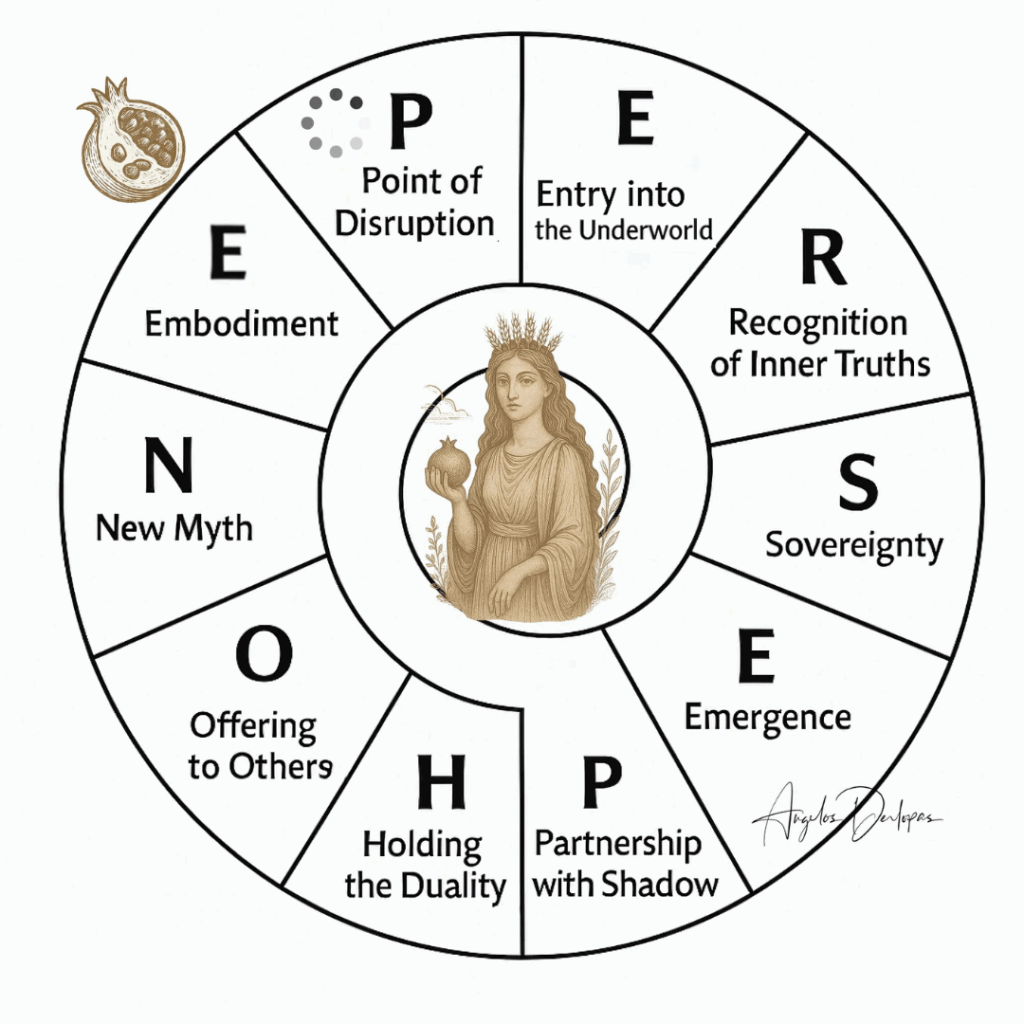
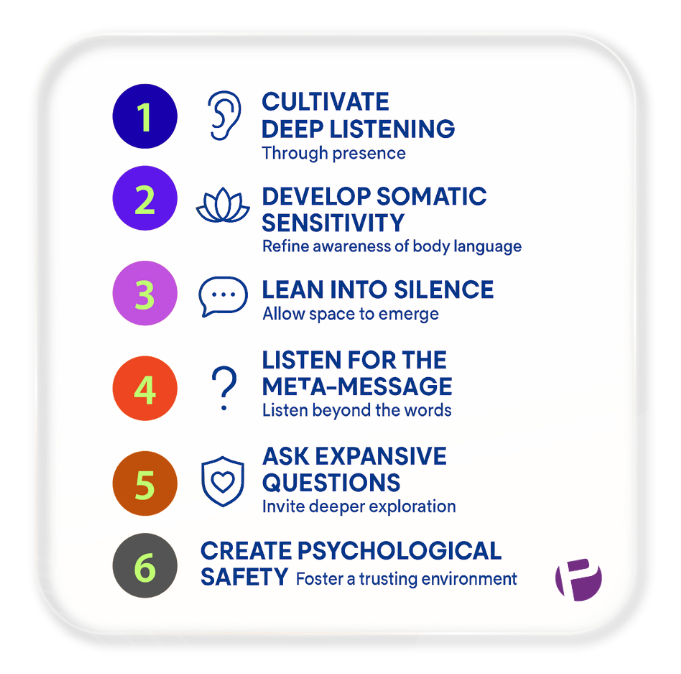
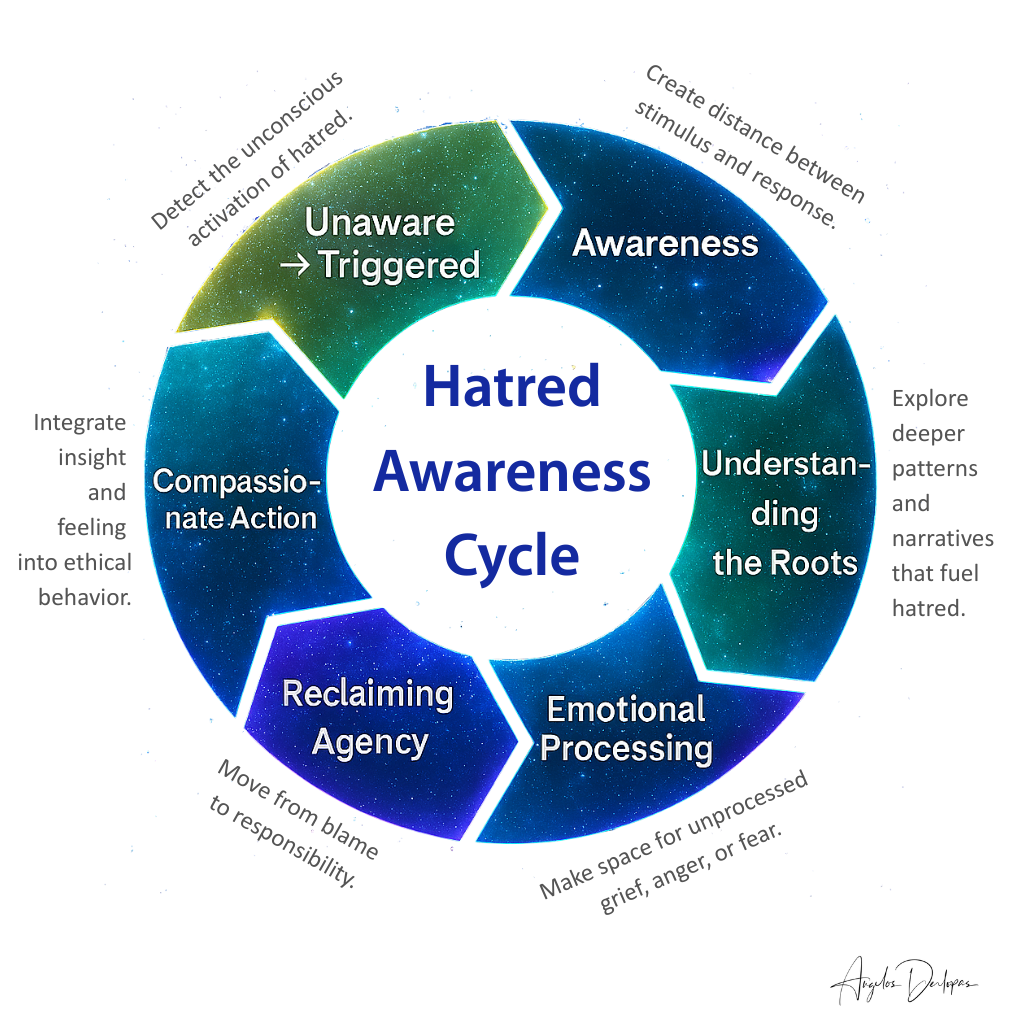
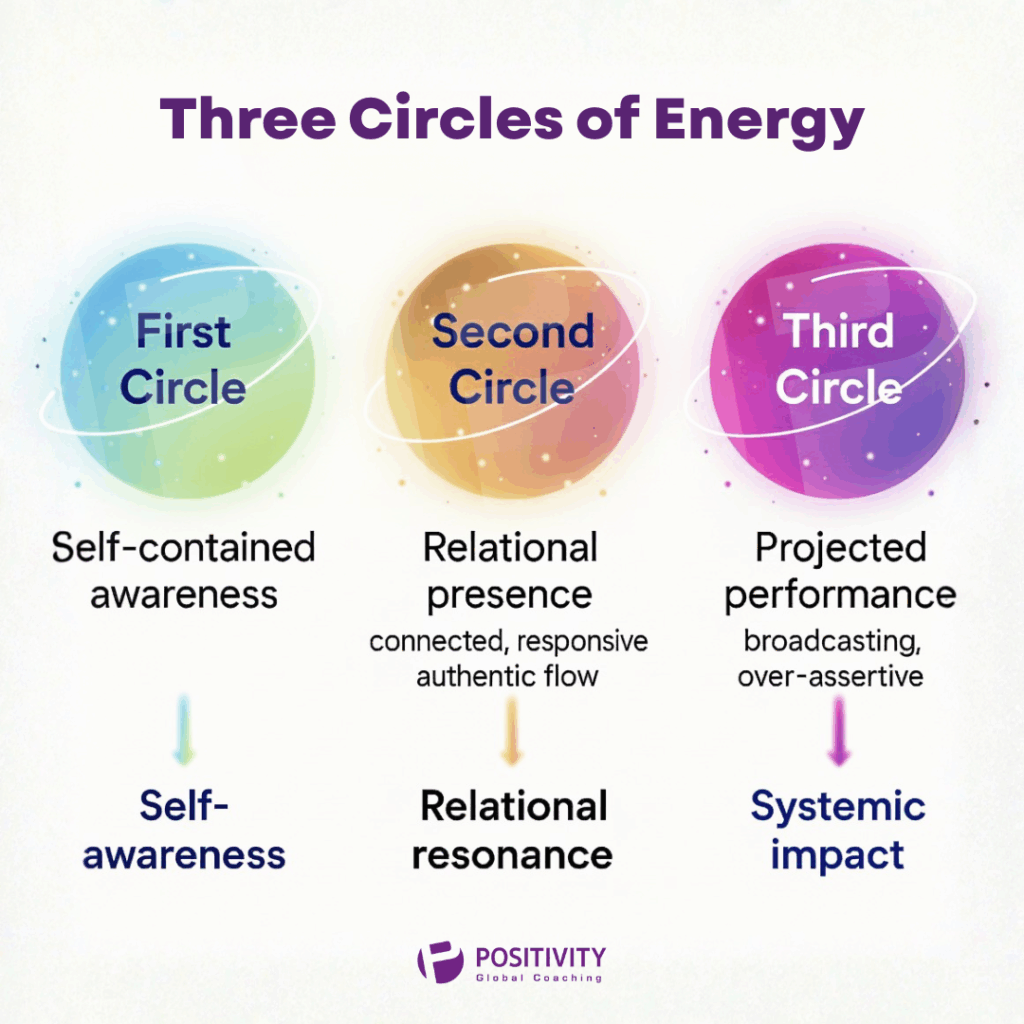
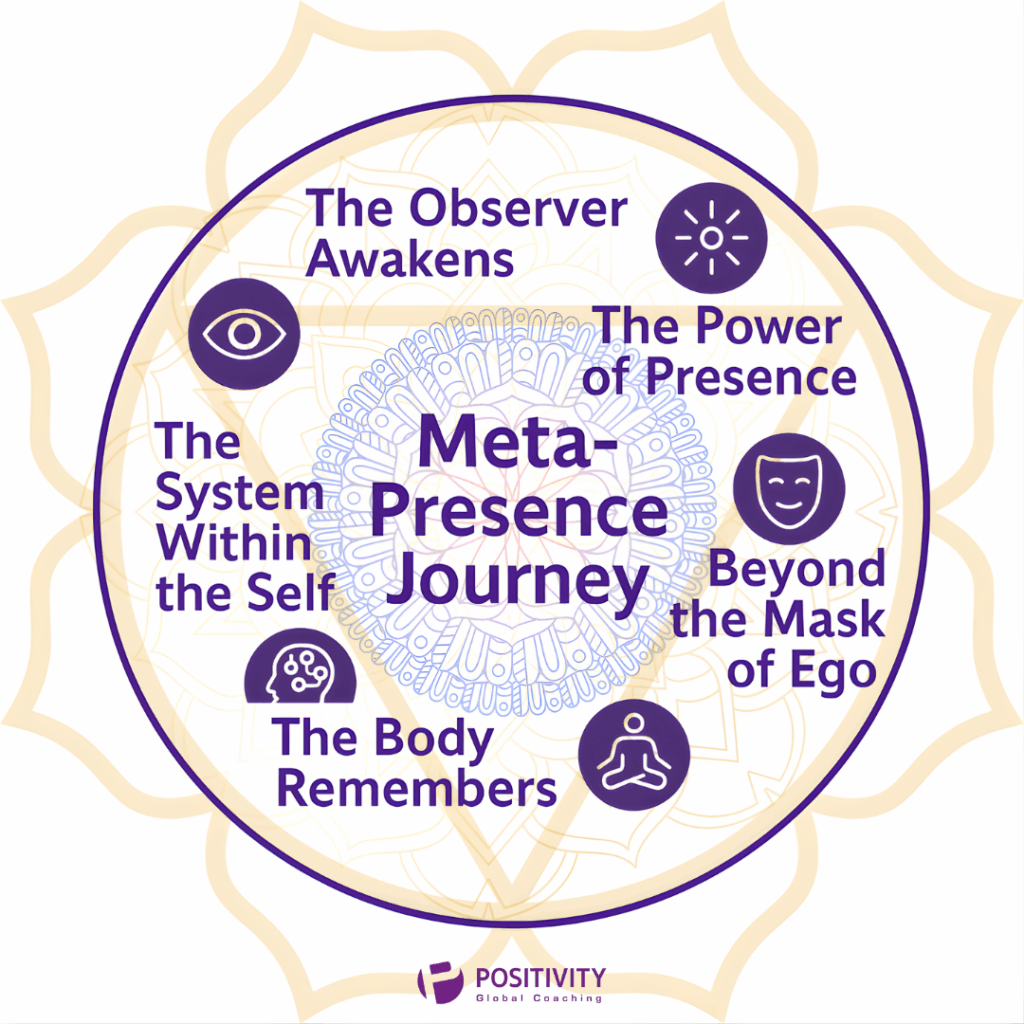
Our faculty extraordinaire:






